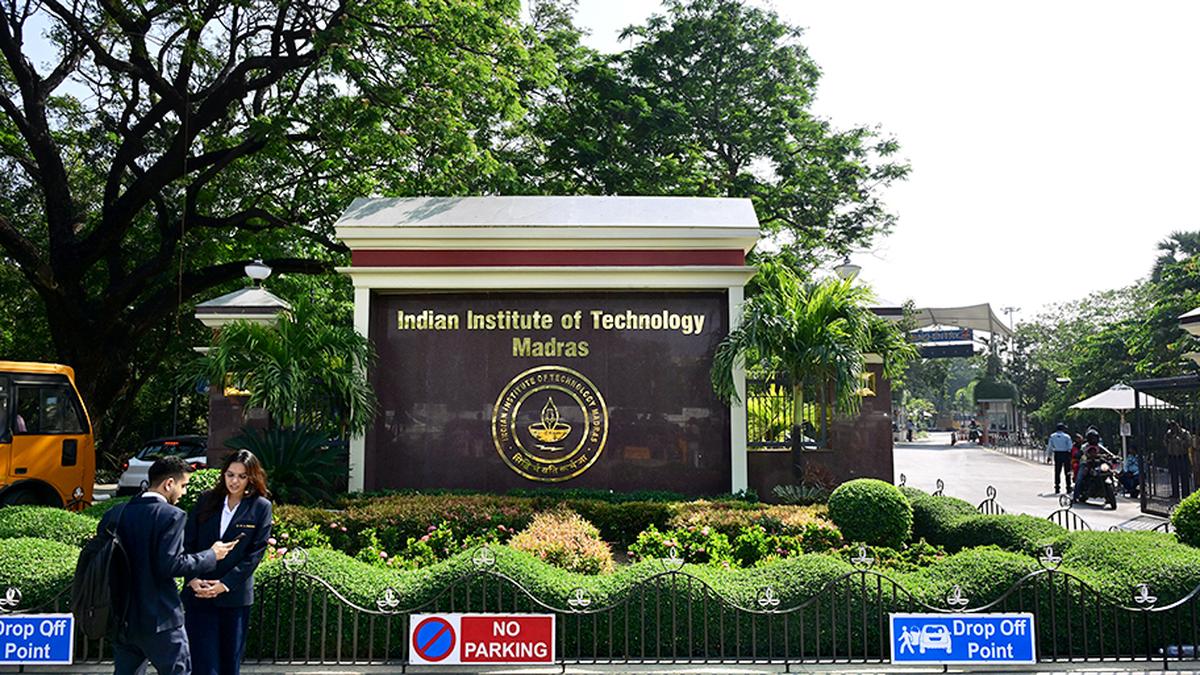
A view of the IIT-Madras. File
| Photo Credit: B. Velankanni Raj
The Indian Institute of Technology – Madras (IIT-Madras) has made it to the top 200 varsities in the QS World University Rankings 2026 by climbing up 47 spots from its previous year’s ranking of 227.
While IIT Madras is ranked 180th, Anna University that is ranked 10th among Indian universities, slipped from 383rd to 465th position in global ranking.

According to the latest ranking list released by London-based global higher education analytics firm Quacquarelli Symonds, the institutions were evaluated based on multiple parameters like academic reputation, faculty-student ratio, international student diversity, graduate employability and IIT-Madras showed marked improvement in many parameters including International Research Network.
Speaking to The Hindu soon after the list was released, V. Kamakoti, Director of IIT-Madras, said that added focus on the institute’s international collaborations had paid dividends. The School of Interdisciplinary Studies, which began in 2018 with a seed fund of ₹1,000 crore and an additional ₹333 crore raised by the institute, resulted in a gradual improvement in its international research network. “IRN is all about how much you start publishing with other people, how much you start collaborating on joint publications,” Prof. Kamakoti remarked.
In a few parameters such as sustainability, the institute’s ranking took a hit. Prof. Kamakoti said that while IIT-Madras did show a marginal improvement in the parameter from 44.6 points to 73 points, the corresponding improvement by other institutions was higher. This, he said, was because of the lower publication count of IIT-Madras in Humanities, Environment and Earth Sciences compared to other institutions. “The others have improved by leaps and bounds,” he added.
Sharing his plans for the coming year, he said that the short period goal would be to focus on international research network while a collaboration between Humanities and Management would provide more value for the institution. The Zanzibar campus of IIT-Madras had helped in internationalisation of the institute while MoUs with 16 Kenyan Universities and a Tanzanian University will help increase its footprint in the African countries, Prof. Kamakoti noted.
Two parameters that carry around 45% of the ranking weightage — employer reputation and academic reputation — have dragged down the rankings of most Indian institutions, he observed. “It is just a survey and it all depends on how many people mark you in the survey. To whom this survey is going and how it is going is something that we have to work on,” he maintained.
Published – June 19, 2025 05:00 pm IST



